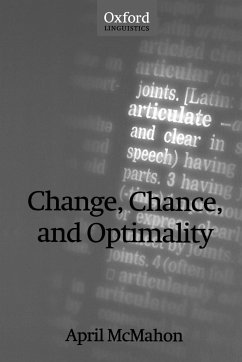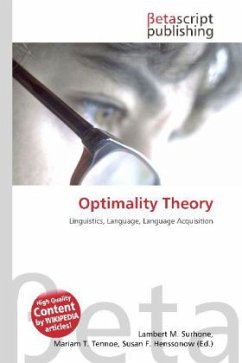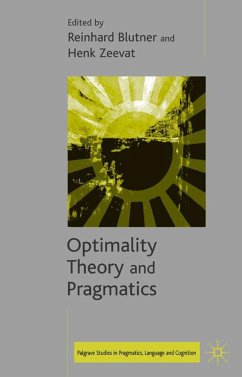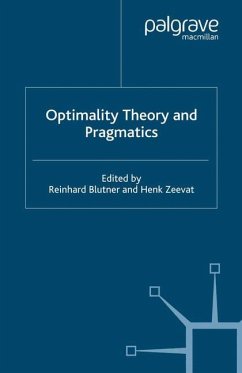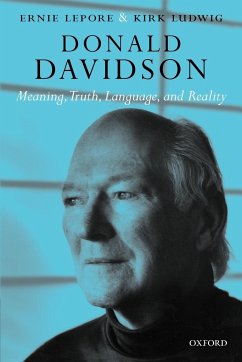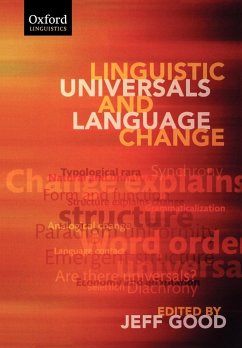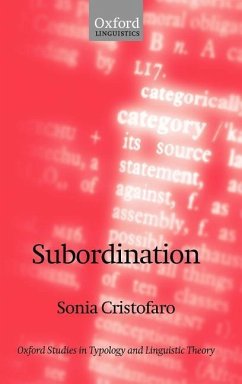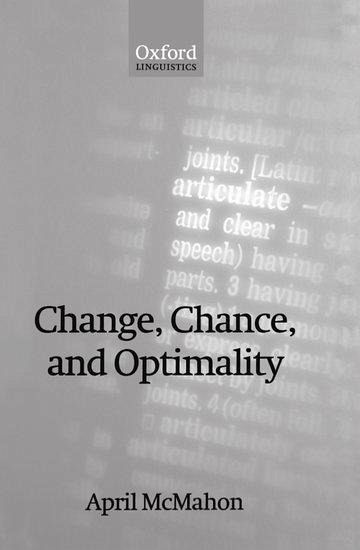
Change, Chance, and Optimality

PAYBACK Punkte
34 °P sammeln!
This book is about how languages change. It is also a devastating critique of a widespread linguistic orthodoxy. April McMahon argues that to provide a convincing explanation of linguistic change the roles of history and contingency must be accommodated in linguistic theory. She also shows that theoretical work in related disciplines can be used to assess the value of such theories. Optimality Theory, or OT as it is usually called, dominates contemporary phonology, especially in the USA, and is becoming increasingly influential in syntax and language acquisition. Having set out its basis princ...
This book is about how languages change. It is also a devastating critique of a widespread linguistic orthodoxy. April McMahon argues that to provide a convincing explanation of linguistic change the roles of history and contingency must be accommodated in linguistic theory. She also shows that theoretical work in related disciplines can be used to assess the value of such theories. Optimality Theory, or OT as it is usually called, dominates contemporary phonology, especially in the USA, and is becoming increasingly influential in syntax and language acquisition. Having set out its basis principles, Professor McMahon assesses their explanatory power in analysing language change and its residues in current phonological systems. Using cross-linguistic data, and drawing comparisons with other theories inside and outside linguistics, she shows that OT is incapable of accounting for language change, without the addition of rules and an appreciation of chance and historical contingency that would then undermine its theoretical underpinnings.



